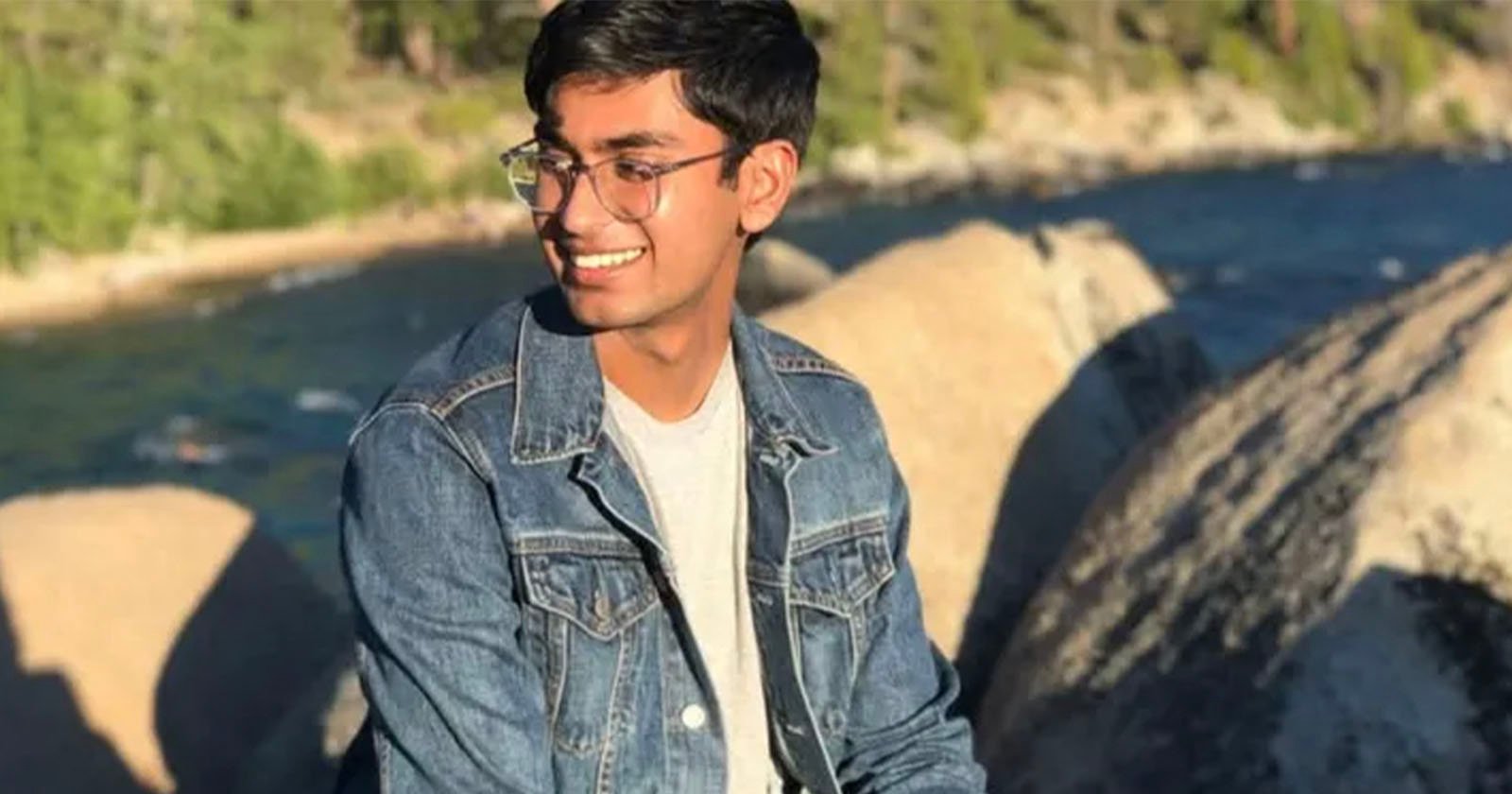Parents of OpenAI Whistleblower Reject Suicide Claims

After the tragic passing of Suchir Balaji, former OpenAI employee and whistleblower, his parents are challenging the narrative of suicide, raising questions about the circumstances surrounding his death.
The untimely death of Suchir Balaji, a whistleblower from OpenAI, has sparked intense debate and concern, particularly among those interested in the ethical implications of artificial intelligence. Balaji, a vocal critic of the organization's practices, raised alarms about the dangers of unchecked AI development. The assertion from his parents that they do not believe his death was a suicide adds a layer of complexity to an already turbulent narrative, highlighting the potential consequences of whistleblowing in high-stakes technology sectors.
In their statement, Balaji's parents expressed their skepticism regarding the official ruling of suicide, indicating that their son's history of activism against the very organization he worked for may have put him in perilous circumstances. Suchir's outspoken concerns about AI safety and the ethical governance of technology raised significant alarm bells, suggesting a motive that stretches beyond personal despair. As investigations continue, his parents are pushing for a thorough examination into the events leading to his death, raising questions about the impact of advocacy in the tech industry.
This incident underscores the critical relationship between responsibility and transparency in AI development. With whistleblowers like Balaji taking bold stands, the industry faces an important moment to re-evaluate its accountability mechanisms. According to a recent report from the AI Ethics Lab, more than 75% of AI professionals believe that whistleblowing is essential for promoting ethical practices in the field. As society grapples with rapid technological advancements, the need for safe channels for dissent and protective measures for whistleblowers becomes paramount, especially in environments where the implications of innovation can be life-altering.
The tragedy surrounding Suchir Balaji's death serves as a reminder of the personal stakes involved in the discourse on artificial intelligence ethics. As discussions continue, it is critical for the tech community to cultivate an environment where open dialogue and dissent are valued, ensuring that innovators can speak freely without fear for their safety. The future of AI relies not only on its capabilities but also on the integrity and ethics of those who shape its trajectory.



